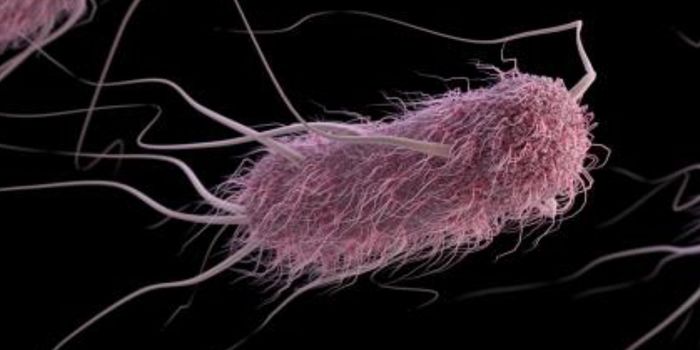The Rise of Drug Resistance Among Malaria Parasites
Around 220 million people get malaria every year after being bitten by a mosquito that's carrying the parasite that causes the disease. Children are at the greatest risk of the worst outcome; malaria killed about 435,000 people in 2017, according to the World Health Organization. It’s usually treatable with two drugs, dihydroartemisinin and piperaquine, which have been in use for about ten years. But these drugs that once reliably treated malaria are beginning to fail, alarming scientists. Researchers have reported evidence of the emerging strains of drug-resistant malaria in two reports in The Lancet. One was a clinical study evaluating the efficacy of artemisinin-based therapies currently in use in Cambodia, Thailand, and Vietnam. The researchers found that cases were getting much more difficult to treat.
The second study analyzed the genetics of the malaria parasite, Plasmodium falciparum. The strains that have gained resistance are not only common in the region, they appear to be outcompeting other strains. After collecting genetic data from 1,673 Plasmodium falciparum parasites, focusing on the KEL1 and PLA1 genes; they harbor mutations that make the parasites resistant. This resistance has become far more common since the last survey in 2013; it was now found in 80 percent of strains. The parasites had also acquired chloroquine resistance transporter gene (crt) as they spread around the region.
"We discovered that the multi-drug resistant KEL1/PLA1 malaria strain had spread aggressively, replacing local malaria parasites, and had become the dominant strain in Vietnam, Laos and northeastern Thailand. Our large-scale genomic approach demonstrates how surveillance can provide crucial information to malaria control programs, supporting them in evaluating available treatment options," said joint first author Dr. Roberto Amato, of the Wellcome Sanger Institute.
A commentary on these reports in the Lancet by Didier Ménard and David A Fidock noted that this has happened several times before in Southeast Asia. The P. falciparum parasite has become resistant to a series of drugs, “chloroquine, sulphadoxine-pyrimethamine, mefloquine, and more recently the artemisinins through point mutations or amplification in genes (crt, dhps, dhfr, mdr1, and kelch13),” noted in a Lancet commentary on the studies.
"Somehow antimalarial drug resistance always starts in that part of the world," one of the lead study authors Arjen Dondorp, a malaria research leader at the Mahidol Oxford Tropical Medicine Research Unit in Bangkok told NPR.
"In the past, chloroquine resistance originated there. Sulfadoxine-pyrimethamine, the next generation of antimalarials — resistance to that originated there. And now the artemisinin resistance also was first detected in western Cambodia." Researchers aren’t sure why this happens.
"The speed at which these resistant malaria parasites have spread in Southeast Asia is very worrying," said a senior study Professor Olivo Miotto of the Wellcome Sanger Institute, Big Data Institute at University of Oxford and Mahidol University, Bangkok. "Other drugs may be effective at the moment but the situation is extremely fragile and this study highlights that urgent action is needed to eliminate the parasites from the Greater Mekong Subregion, to prevent them spreading and evolving further."
"This study clearly shows the rapid spread of multi-drug resistant malaria across Southeast Asia. Affecting millions globally, malaria is a devastating disease, especially when access to effective treatment is unavailable," added Dr Michael Chew, Infection and Immunobiology Portfolio Manager at Wellcome.
Sources: Wellcome Trust Sanger Institute, NPR, The Lancet









